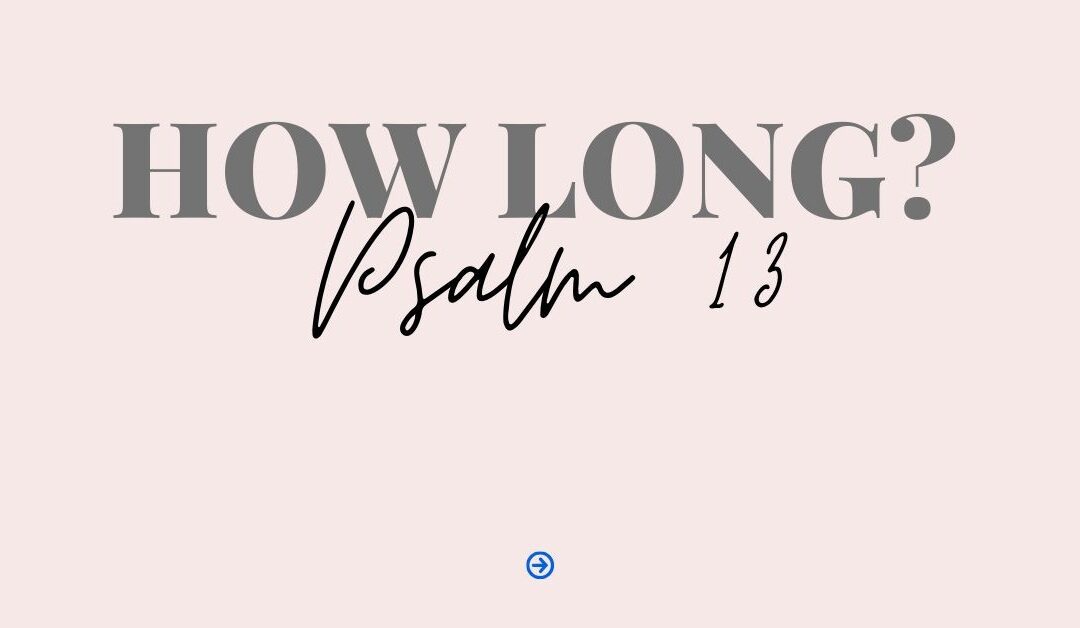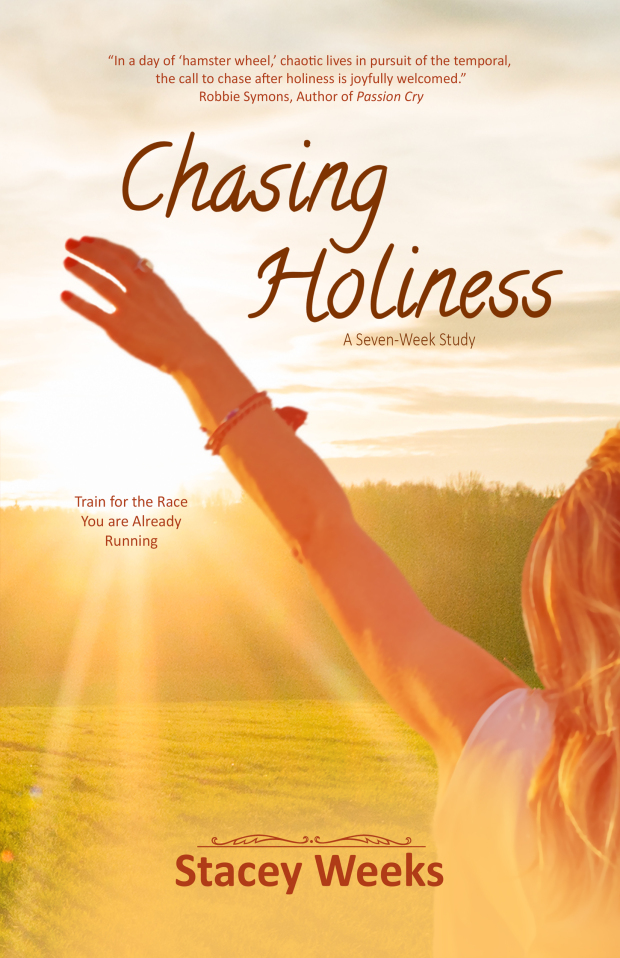How long will we fight these same battles? How long will chaos and turmoil abound in the streets? How long will a tiny virus wreak havoc in the world? News report after news report lands heavily on my heart. Has God forgotten us? Has He turned away from us? Sorrow lingers all day. How long until God intervenes? How long until relief?
It is easy to get stuck in the lingering sorrow, anguish, and despair, but this is not a safe place to remain. Some fights will continue until the Lord returns or takes us home. We fight for the truth. We fight for sanity. We fight for justice. It’s equally vital that we fight against the falling curtain of despair or encroaching fears. Join me in Psalm 13 and acknowledge your woes, declare your dependence on the Lord, and resolve to take the only action that can change your heart. Work through Psalm 13 and feel every emotion the psalmist expresses in those early verses, and then determine to follow his example in the end.
Psalm 13 asks a question we are all thinking: How long? Fight against the falling curtain of despair and encroaching fears by studying #Psalm13. Acknowledge your woes. Declare your dependence on the Lord. Take action.
Tweet
Read Psalm 13 and answer the following questions. (A printable version of the short study is available on the free short study page.)
- When have you felt forgotten, unseen, or not important enough? Create a list of words that describe how you felt at that moment.
- Many of the words on your list could likely be used to describe the psalmist’s emotional state in verses 1-2. The psalmist asks the Lord four questions in his grief (1-2). When we are overwhelmed, it is common to ask questions. What questions do you have for the Lord pertaining to your current needs and concerns?
- It’s doubtful the psalmist expected answers from God. Asking his questions was more likely a way of communicating his anguish on feeling forgotten. Read Isaiah 44:21 and 49:15. What do these verses indicate about God’s memory?
- Based on what you’ve learned from Isaiah 44:21 and 49:15, it’s clear that the psalmist’s feelings of being forgotten are not a reliable source of truth. How do your feelings in emotionally charged moments threaten to lead you astray? Find at least one truth from Scripture that can speak into those lies.
- Psalm 13 shifts in verses 3 and 4. The psalmist stops expressing his sorrow and begins asking the Lord to intervene. What are the possible results of the Lord failing to intervene in the psalmist’s life (4)?
- How do you need the Lord to intervene in your life? What do you fear might happen if the Lord does not intervene?
- Another shift occurs in verse 5 indicated by the word “but,” which contrasts all the earlier despair with decisions the psalmist has made. What three things does the psalmist resolve to do (5-6a)?
- What do you learn about God’s character from verse 5-6a?
- Why does the psalmist decide to do these things (6b)?
- The NASB, ESV, NKJV and the KJV all use the word “bountifully” in verse 6. What images does the word bountiful bring to your mind? Make a list of synonyms for the word bountiful.
- Where else in Scripture do we see God dealing with his people and expressing his love for his people in lavish and bountiful ways?
- How has the Lord “dealt bountifully” with you?
- Jesus understands what it is like to feel far from God. What does he say in Matthew 27:46 and Mark 15:34 that conveys the agony of his soul? Also, see Hebrews 5:7. What does Christ’s suffering as a punishment for our sins reveal about God’s love for us? What sort of response does that stir in you?
Application
a) Go back to question eight and praise the Lord for His character qualities that never change.
b) Rejoice in your salvation (5a).
c) Praise the Lord in song (6a). Either sing, listen to, or sing along with a worship song that expresses your trust in the Lord.
d) Confess the fears you have listed in question six and express your trust in the Lord to work in those circumstances (5).
e) Thank the Lord for His kindness and mercy toward you that you discovered answering questions ten through thirteen.
If you enjoyed this study, check out my other free short studies. If you’d like to try something deeper, check out Glorious Surrender, a short book that will help you discover the freedom of living for God. Or, if you’d like something even more in-depth, try Chasing Holiness and learn how to train for the race you are already running.

Winner of the Women’s Journey of Faith contest 2016. Available for purchase. 
A seven week bible study



